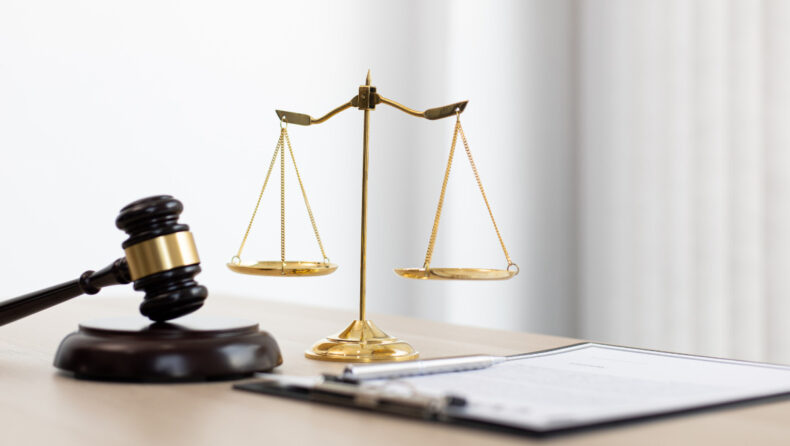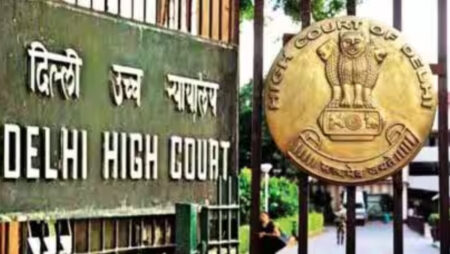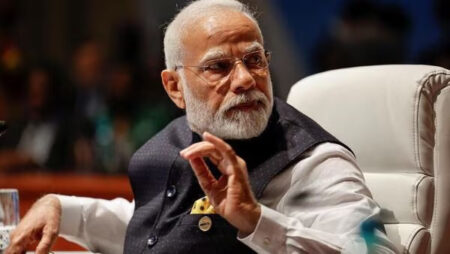A team of 30 from the Archaeological Survey of India (ASI) searched the Gyanvapi Mosque in Varanasi on Monday. They wanted to know if the mosque had been constructed on an old Hindu temple.
Table of Contents
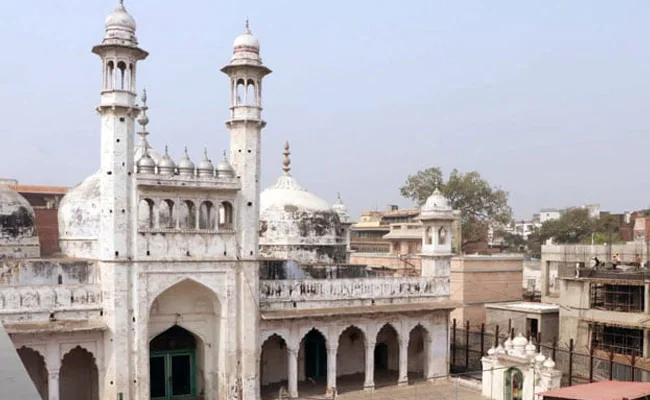
The Archeological Survey
The survey began at 7 am and had to continue to all areas except the sealed “wuzukhana” where the survey was conducted before 2022, which the Hindu prosecutors claim as a ‘Shivling’, a gift from Lord Shiva.
The Opposition of the Mosque Management
The mosque management committee is refusing to participate in the ASI survey. “No members of the Muslim community will be present during the survey,” said Syed Mohammad, Joint Secretary of the Masjid Committee.
The Reason for the Survey
The ASI had to submit the report of the survey to the district court by August 4. The inspection had been done as a result of a Friday order from the Varanasi district court.
The decision was made at the request of four women who claimed that the Gyanvapi Mosque was built after an ancient Hindu temple which was destroyed and scientific research is needed to know the full truth. In making its decision, the court said scientific research was “necessary” to uncover the “true truth.”
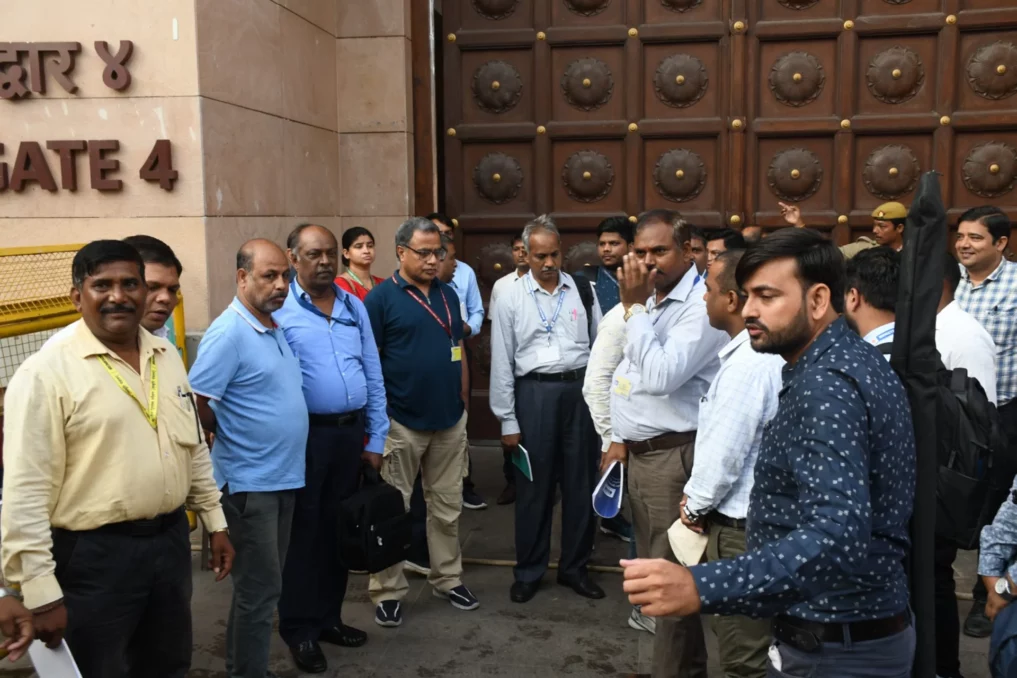
Petition Against the Survey Order
The Anjuman Intezamia Masjid Committee, which oversees the management of the Gyanvapi Mosque, petitioned the Varanasi District Court’s decision to inspect the mosque near the Kashi Golden Temple. The Supreme Court asked the Muslim side to apply to the Allahabad High Court tomorrow for Wednesday’s hearing.
View of Huzaifa Ahmadi
Huzaifa Ahmadi, a senior Advocate, told the judges that the investigation was decided on Friday evening, so they did not have time to appeal. He said that the excavation was mentioned in the order and therefore the Muslim side should have the opportunity to object. Ahmedi requested that the ASI search in the mosque should be postponed.
The Supreme Court’s Order
The Supreme Court on Monday ordered the Varanasi District Court to not conduct the Archaeological Survey of India (ASI) until 5 pm on 26 July. This allowed time for the Muslims to take the case to the Allahabad High Court. The search operations near Kashi Vishwanath Temple in Varanasi began at 8:00 am on Monday.
The History Behind This
There are many legal and historical controversies surrounding the origins of the Gyanvapi Mosque. In 1991, Hindu priest’s applied to the Varanasi Civil Court for permission to worship there, claiming that the mosque was part of the Kashgar Golden Temple. In 1998, Allahabad High Court stopped the case. Historically, it is said that the Gyanvapi mosque was built by the Mughal Emperor Aurangzeb, after destroying the Kashi Vishwanath Temple in the 17th century. Till today both sides are supporting their claims with historical data and interpretations.
1991, Places of Worship Act Violation
The ongoing legal battle took on a new dimension last year when the Varanasi District Court decided to film the history of the Gyanvapi Mosque. When the court released the video, the video violated the Places of Worship Act, 1991, according to the All India Muslim Personal Law Board (AIMPLB). Several cases have been petitioned until today in the Supreme Court, Varanasi Court and Allahabad high court for different reasons with regard to the Gyanvapi mosque. Section 3 of The Places of Worship Act, 1991, prohibits the conversion of a place of worship from one sect to another.
Points to be Note
The mosque committee argued that the law prohibited new lawsuits for “rights of worship” in 2021, representing an effort to reopen legal disputes.







